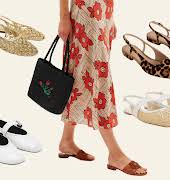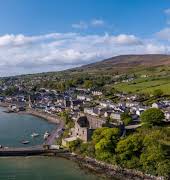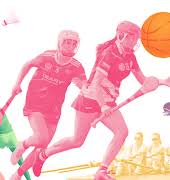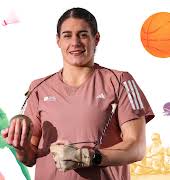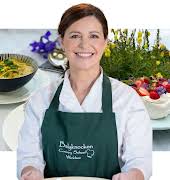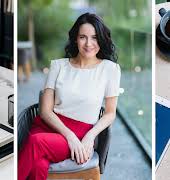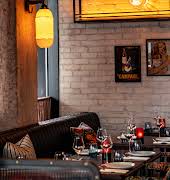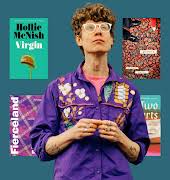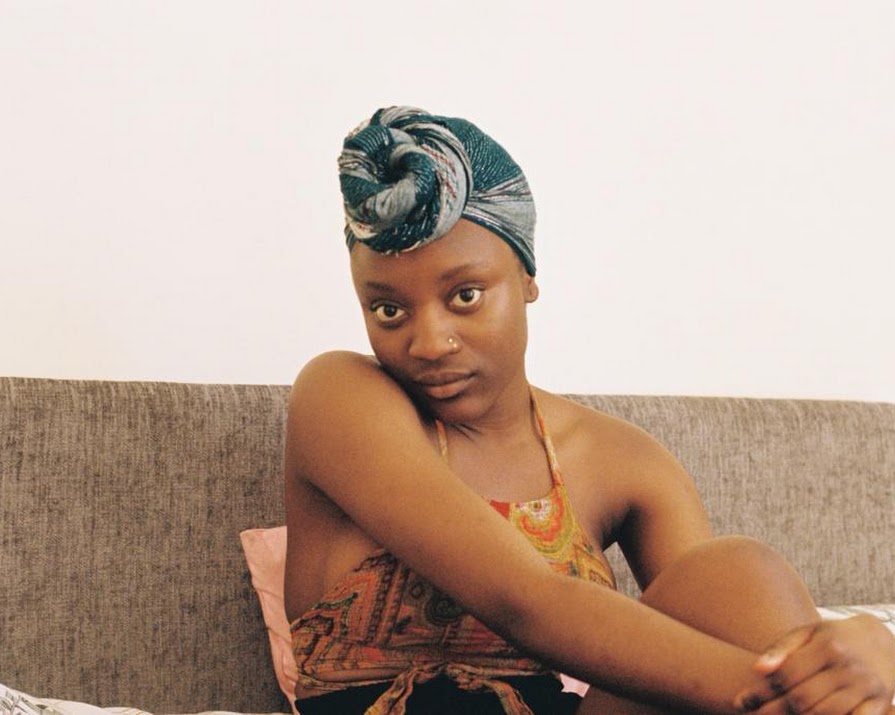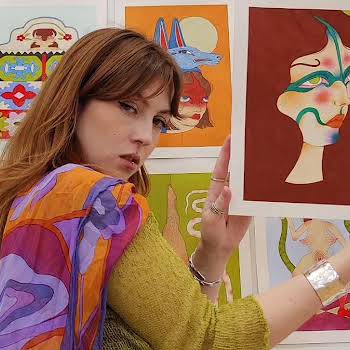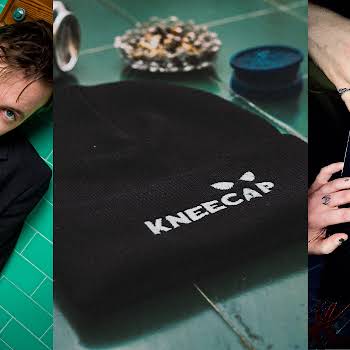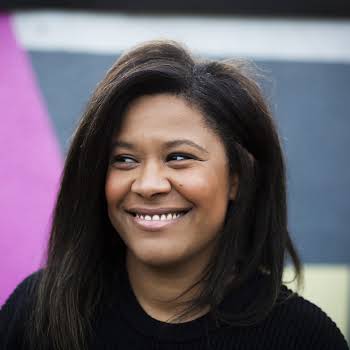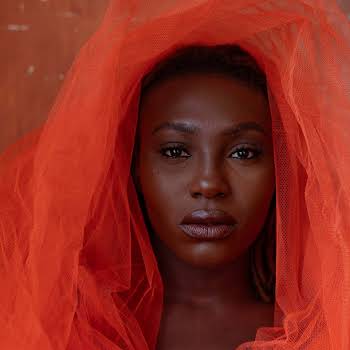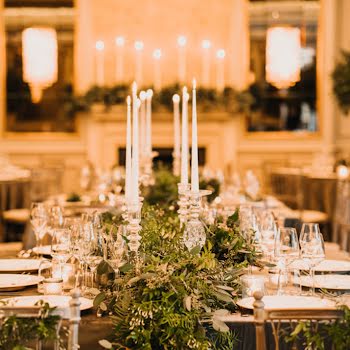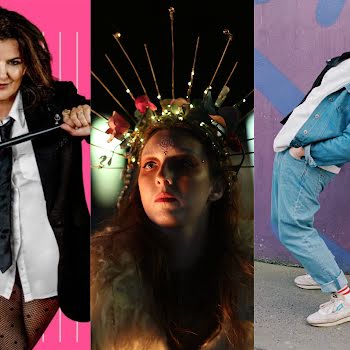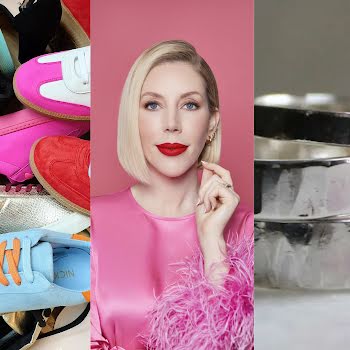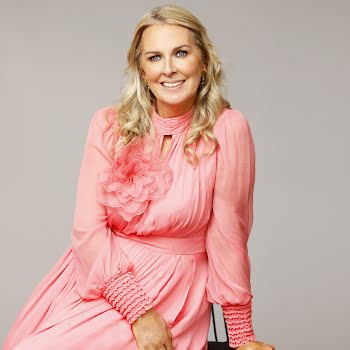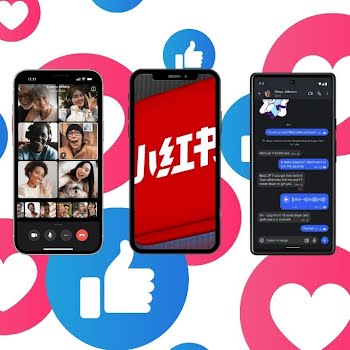‘The Irish mammy is so similar to the Nigerian mum’: Up-and-coming singer Tolü Makay on roots, racism and music
By Katie Byrne
04th Sep 2020
04th Sep 2020
Tolü Makay is an Afro-Irish singer, born in Nigeria and raised in Tullamore. A powerful new soul artist, she dropped the single ‘Don’t Let Go’ last month and releases her debut EP in October. Here she chats to Katie Byrne about finding her voice, leaving the corporate world to follow her passion and the impact of the Black Lives Matter movement in Ireland
You left your job in Google in October 2019 to pursue a career in music — was that a difficult decision?
It was but before I even got the job in Google I had already told myself that I just wanted to take a leap of faith and just go into music full-time. Just to see what it’s like — if it’s something I’m drawn to. It’s really difficult and you know how expensive Dublin is.
I had to drop out of uni because I didn’t have enough money and then having to work full-time while I was in uni doing music. It was a bit too much. For the past three years in Dublin I was just literally go, go, go — literally four hours’ sleep. I think my body basically told me you have to make a decision or you’re not going to be able to do this and in the end it’s not going to be worth it.
When was the first time you knew you had a voice?
I think I was about 10 or 11. Before that I was singing in choir, but the thing is, when you’re singing in your local church choir set up by your uncle, it’s family — so it’s punishment almost! So when I was 10 or 11 a vocal coach came into my primary school in Tullamore. Her name was Carmen and she came into the class and she asked everyone to sing ‘Happy Birthday’.
And when she got to me she was like ‘Oh my God — your voice!’ And I was like ‘What? That’s weird’. After that I became a lot more shy about it. It started getting a bit weird. At the end of the school semester we would do this showcase where we’d all come and sing in the hall and the teachers and parents were all invited.
I was supposed to do a part where I was singing and one of the girls brought the mic over. And then that became a little bit catty and no one brought the mic over and I thought, ‘Oh, maybe I’m not that good’. So I stopped singing for a while until I was 14.
Tell me about the choir you sang in.
So basically there’s a church that was founded in Nigeria — it’s called Redeem and Redemption Church of God and there’s different denominations. I started in Redeem and would go back and forth in Dublin and Tullamore.
And then I moved to a different church which is called Celestial Church and that’s a white garment church and that’s the one my uncle went to. My uncle played all the instruments — he was the choir master. Celestial was mostly hymns in Yoruba [a language spoken by one of the largest ethnic groups in Nigeria]. Redeem was more gospel-style.
What age were you when you left Nigeria?
I was 5. My culture is still with me because my Mum tries to make us travel to Nigeria every year or two — even just for Christmas.
Christmas is amazing in Nigeria. In 2018 I went to this block party on Christmas Eve. It was just like a festival with huge fireworks. They do that every year on midnight before Christmas. And then on Christmas day in the morning we help out with orphan homes — bringing food and gifts. My Mum has an NGO — the Monimak Foundation — so we help out with that and then we go home and celebrate with the family. From Christmas to New Year it’s just like celebration all round.
That’s the kind of sense with the Nigerian culture — when they say it takes a village to raise a child, it’s that kind of mentality.
What aspects of Nigerian life are most similar to Irish life?
You know the way you hear about the Irish mammy? That is so similar to the Nigerian mum. They’re super strict. They want you to do the right thing. They’re quite hard on you but they want the best for you. Kind of like that.
Especially living in Tullamore there’s a sense of community, there’s a sense of family because everyone literally knows each other’s aunts, grannies — wherever you go you can find someone who is related to whoever. That’s the kind of sense with the Nigerian culture — when they say it takes a village to raise a child, it’s that kind of mentality.

Were you more or less creative during lockdown?
I think with lockdown I was working on a lot of collaborations so that filled up my time. A lot of the time if I wasn’t doing music I just didn’t do anything. I got back into drawing again which is the first thing I fell in love with art-wise. I also got my midi keyboard so I suppose I was creative just writing up some stuff as well.
At what point of the day do you usually make music?
It’s kind of sporadic. It kind of happens whenever I’m somewhat inspired or there’s a melody or a hook or if I’m feeling certain feelings I can’t put to words. I do my melodies before I start writing and normally when I do melodies, lyrics start to come into it.
Normally I just start singing… and it just comes. Or I start writing poems and it slowly develops into a song and then a melody. And now I’m getting into production a little bit so I have my keys and my guitar. It kind of just depends on what I’m drawn to and, most of the time, when I’m on my walks, I feel like singing something. So I just get my phone and I start recording and then I build it from there with my producers.
I didn’t grow up learning an instrument so all I have is my voice and your voice is an instrument and there is so much you can do.
For example, when I was getting all emotional about the Black Lives Matter movement — especially at the start — that’s when I was doing all the production and getting all the vocals for my project. And before I could sing I had to release an emotion and then the melody of the song started coming which is the song for ‘Riot’. It’s a song I wrote for the whole ‘taking the knee’ thing. I wrote that in like 20 minutes to get that out of my head and focus on production.
Do you think the Black Lives Matter movement has made a meaningful impact in Ireland?
I think it has opened up conversations. In terms of impact I think it has opened up the conversation about direct provision which I’m grateful for because it’s something that was hushed for a very long time.
The Black Lives Matter movement amplified what needed to be addressed in Ireland but the question of whether it has actually made an impact? Well, the people who are in direct provision are still in the same condition — nothing has actually changed.
So we’re talking, we’re talking, we’re talking but nothing has actually happened. We’re donating but are their circumstances changing? What is actually happening? Has the Government done anything about it? In that regard, it hasn’t made an impact.
In term of the conversations, I’ve had people tell me stories about how they’ve spoken to their family members that they are racist and the backlash they’ve dealt with. But that’s the kind of allyship we need because racism isn’t just going to end and disappear because a few people are aware now.
It’s something I’ve had to live with since I was born basically so someone’s experience of ‘oh, I know how you’re feeling’ is completely different for me because I’m living through it and this is something that will happen continuously.
It’s not something that is just going to end because for me, when I think about racism, it’s something that has been subconsciously embedded which kind of falls into every aspect of whatever work, organisation or party that you’re in because everyone is coming from different backgrounds but we all have this subconscious negative bias of different groups and races.
So in terms of racism and how it’s going to have an impact and how things are going to change — I don’t know. I don’t know.
So we’re talking, we’re talking, we’re talking but nothing has actually happened.
Do you think the Government is doing enough to support artists during the pandemic?
In terms of money that has come in for the arts, I think they’re doing pretty well with all the restrictions and everything that is going on. It’s tough, you know, because every creative in every space is suffering because we have to adhere to this confusion that’s going on.
The schools at the moment are allowed to be open but then not being able to have an arts gathering, it’s kind of confusing. I’m glad that the money is there for artists because, you know, this is what we’re eating from but in terms of the Government as a whole, it’s very confusing for everyone.
What music are you listening to at the moment?
I’m listening to various types of music but at the moment I’m stuck with Beyoncé’s ‘Black is King’ because she’s just frickin’ class. There’s a particular song from it that I was just, ah, this is my tune! It’s called ‘My Power’. She brought in South African singers — all female — and one Nigerian singer, Yemi Alade — it’s frickin’ awesome.
Who would you most like to collaborate with?
There’s this artist and her name is Asa. She is Nigerian-born but I think she was raised in France. She’s definitely someone I’d love to collaborate with one day.
Do you find you have to be in a certain frame of mind to be creative?
Because this is a full-time job I feel like me saying I have to wait for the creativity to come is kind of a cop out because I feel I have to start training my mind to get work done. It’s like this is the time allocated so let’s try and do it.
This is the great thing about working with other people and collaborating with other songwriters. If I’m having a hard time putting something to words then I get other people to help me.
You just released a new song ‘Don’t Let Go’ — what’s it about?
It’s about the whole job issue and me knowing in my heart that I just wanted to focus on music even just to have time to build my craft and take my time to perfect it — to get my own style, my sound. I needed time and I didn’t have the time.
So ‘Don’t Let Go’, I started singing it towards the end of 2018 coming into 2019 because I remember in January I was doing night shifts in a different company and before I switched to Google. My body, my mind, everything was just tired.
I was very frustrated and ‘Don’t Let Go’ was a song I was singing to myself even before I had written the song. I only finished building the song this year so it’s been a journey of my emotions and this journey of me transitioning from a corporate setting to a full-time job into music into this head space.
It was kind of a motivational song for myself before I even knew what it was. It was something I needed to keep singing to myself to help give me the courage to make the decision with the whole music choice. I hope it resonates with people and gives a sense of encouragement, especially in this time.
‘Don’t Let Go’ is part of a bigger project called Being — what’s the theme of it?
It talks about my journey to self-love and my journey to where I am and certain emotions that make me feel like I’m getting to the person I always wanted to be. And I want it to transcend amongst every teenager — whatever age you are — because I think self love is something you grow and develop. That’s my whole message: encouragement, empowerment, self love, motivation.
Read more: This is what you need to know about direct provision
Read more: Racism in Ireland is on the rise, but are we still listening?
Read more:‘I am privileged to walk freely in white skin but my children are not’: raising children of colour in Ireland


